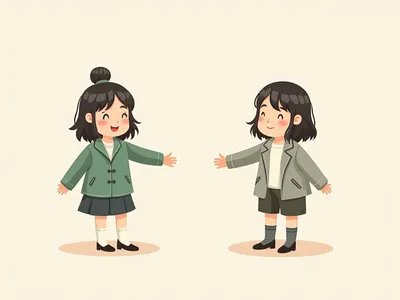
What are some common false friends in Chinese
False friends, also known as false cognates, are words that look or sound similar in two languages but have different meanings. While the transcripts provided do not directly list common false friends between Chinese and other languages, I can provide some general examples of false friends in Chinese:
-
大衣 (dàyī): In Chinese, this means “overcoat” or “greatcoat,” but it might be mistaken for “big clothes” due to the literal translation of the characters.
-
老婆 (lǎopó): This means “wife” in Chinese, but someone unfamiliar with the language might think it refers to an “old woman” because of the character meanings.
-
公司 (gōngsī): This word means “company” or “corporation,” yet someone might mistakenly think it refers to a “public department” due to the character for “public” (公).
-
书 (shū): While it means “book,” it could be confused with “letter” because the character is used in contexts related to writing.
-
水果 (shuǐguǒ): This translates to “fruit,” but might be misunderstood as “water fruit” if taken literally.
These examples illustrate how understanding context and usage is crucial when learning a language like Chinese to avoid confusion with false friends.